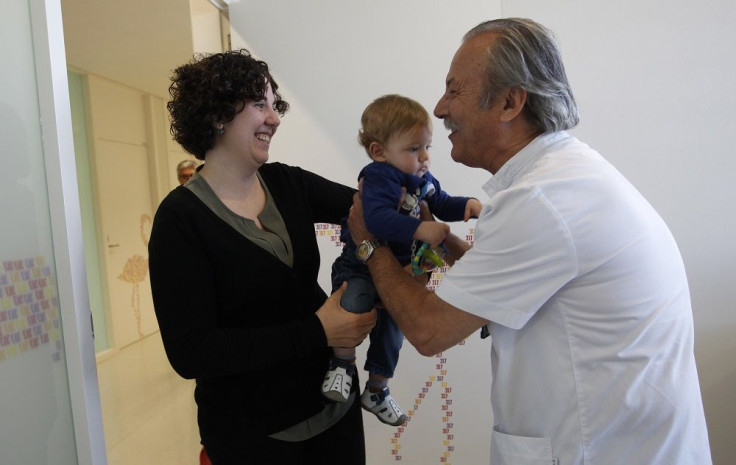Scientists identify best age for a woman to freeze her eggs
500 freezing cycles performed in Australia, 80 per cent due to cancer treatments

Women can now relax as scientists have figured out the best age for women to freeze their eggs if they are likely to get pregnant late in life.
Women who freeze their eggs at the age of 34 or younger, have the highest chance of success when they try to conceive later in their life or, if one looks at it another way, then the longer a woman waits to freeze her eggs, it is less likely, that the eggs will result in a live birth, said a recent study.
A report from the telegraph.com.au Web site said that women, who are getting chemotherapy or radiation for cancer in their youths, freeze their eggs so that they can bear children after their cancer treatment ends as chemotherapy drugs as well as radiation to the pelvis might cause genetic changes in oocytes, or human eggs, and sperm and can be a safety risk as well.
Each year, approximately 500 freezing cycles are performed in Australia, with 80 per cent of the cases due to medicals reasons such as cancer treatments.
With the technological advancement, freezing human eggs, known as oocyte cryopreservation, has become easier and simpler. Thus, a lot of women find it interesting if they wish to delay childbearing for social reasons, such as pursuing educational or career goals or other personal reasons. A woman’s fertility and her ability to bear child reduces with age.
“Maximum fertility – spontaneously, or from egg freezing – is in women under 34,” said an infertility specialist Tommaso Falcone, chair of the Department of Obstetrics-Gynecology at Cleveland Clinic .
Fertility in women begins to decline in early 30s and drops quickly in the late 30s and 40s. This also triggers the risks of birth defect in children and miscarriage in females. This is where the egg freezing technique will come handy as it enables a woman to bank her eggs when she is in her youth to have the same high fertility potential when she is ready to conceive later in life.
According to the health.clevelandclinic.org report, recent studies showed that there is no difference in pregnancy, fertilisation and birth defect rates between frozen and fresh eggs. Further, the American Society of Reproductive Medicine declared that egg freezing is no longer considered an experimental procedure.
The first child was conceived from a frozen egg was born in 1986 and thereafter, the Society for Assisted Reproductive Technology reported that at least 956 babies were born from frozen donor eggs in 2013.
Contact the writer at feedback@ibtimes.com.au, or let us know what you think below.




















